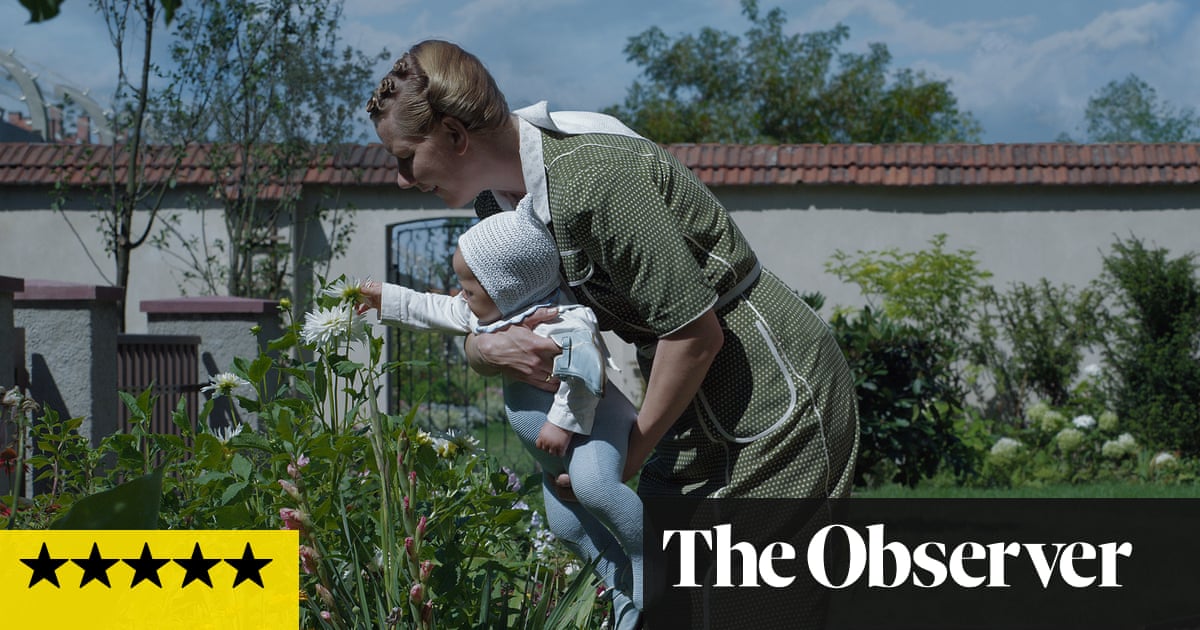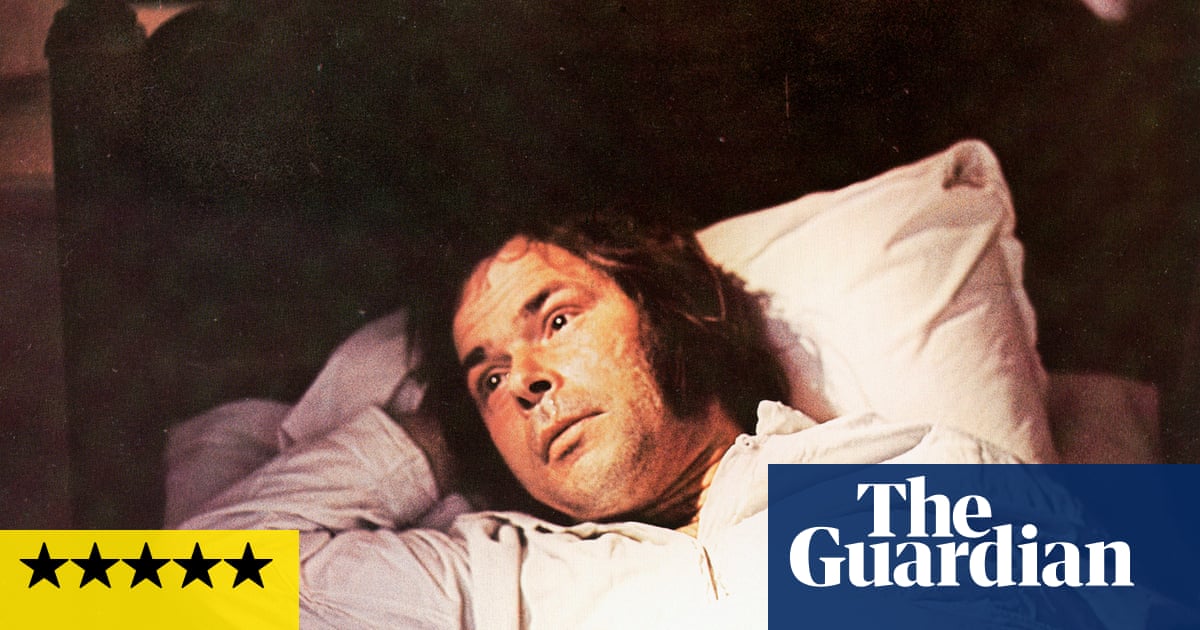
Before you read on, a word of caution. There are some films – many of them – that impress on a first viewing but which start to trickle away, like a handful of sand, the moment you leave the cinema. Then there are others, far fewer in number, that strike like a lightning bolt on a first watch and stay with you, scarring themselves into your psyche and subtly but permanently shifting your movie-viewing paradigm on its axis. Jonathan Glazer’s masterful and chilling The Zone of Interest fell into the second group for me. I left it shaken and stricken; it stayed with me, stubbornly, over the months that followed.
As most film fans will agree, that kind of viscerally intense response to a film is the holy grail of cinema viewing. It’s a vanishingly rare experience, and one that is magnified by the sense of discovery that comes from knowing virtually nothing about a film going in (I knew that it was a loose adaptation of the novel of the same title by Martin Amis, but little else). So with that in mind, to any readers who remain in the privileged position of knowing nothing about The Zone of Interest, consider putting aside this review and watching the film first. Otherwise, read on.
To describe The Zone of Interest as an adapted screenplay is perhaps misleading (although it has secured an Oscar nomination in that category, along with four others, including best picture and best director). In fact, the film is very much its own brooding, boldly unconventional entity, sharing with Amis’s book a title and a location – Auschwitz, or more specifically just outside the walls of the camp, in the home of a high-ranking Nazi and his family – but little else.
The walls are a crucial component of this film, which shows the daily details of the life of an upwardly mobile Nazi couple – the commandant of Auschwitz, Rudolf Höss (Christian Friedel), and his wife, Hedwig (Sandra Hüller) – and their five children. The Höss family are raised according to the tenets of the Artaman League, a German anti-urban, back-to-the-land movement that advocated an agrarian ideal and respect for the natural world (Rudolf, a man who presides over the murders of thousands of people each week, dictates an aggrieved memo about the lack of respect for his prized lilacs).
They enjoy wholesome, halcyon picnics by the river (predominantly captured, like most of the picture, in dispassionate mid and wide shots) and idyllic days in the lush, lovingly tended garden of the Höss villa, a source of considerable pride for Hedwig. We never see beyond the walls that separate her cherished roses and dahlias from the industrial death factory on the other side. But through Johnnie Burn’s incredible, immersive sound design, the ambient noise generated by the horrors within the camp is evoked with a suffocating intensity that matches the choking pall of smoke billowing continuously from the Auschwitz furnace chimneys.
Burn’s remarkable work is not the only aural element that contributes to the film’s brutal power. Glazer reteams with composer Mica Levi, his collaborator on his previous film, Under the Skin. Levi’s sparsely used score, accompanying eerie night-vision thermal images, jolts us out of the oblivious banality of the Höss household. And their compositions bookend the picture, with what sounds like a chorus of tormented souls.
A gnawing sense of dread permeates the entire film, created through sound and score, but also through telling details, such as the way the father’s work has polluted his children’s play (the older boy locks his little brother in a greenhouse and then teases him by making the hissing sound of gas). Imagine the stress levels of the chilling baby-on-the-beach sequence from Under the Skin, but stretched out to feature length. It’s a bruising watch.
Unshowy but impeccable in the two main roles, both Friedel and Hüller excel. Friedel plays Rudolf as a pedantic, mid-level bureaucrat with a thin, needling voice and a despot’s haircut, whose unquestioning efficiency and commitment to the cause of National Socialism has facilitated his rapid ascent within the SS. And Hüller’s Hedy chortles over her good fortune as she cherrypicks the choicest possessions of murdered Jewish prisoners, parading her newly elevated status like a purloined mink coat. Nowhere is the understated brilliance of Hüller’s performance better demonstrated than in the delivery of a single line of dialogue, said to her housemaid: “I could have my husband spread your ashes across the fields of Babice.” It could be wielded like a deadly weapon, but Hüller says it conversationally, almost pleasantly. The impact all but knocks the breath from your body.












